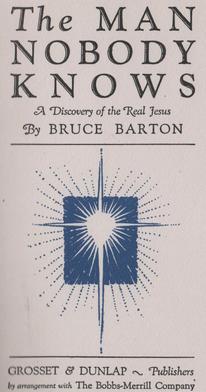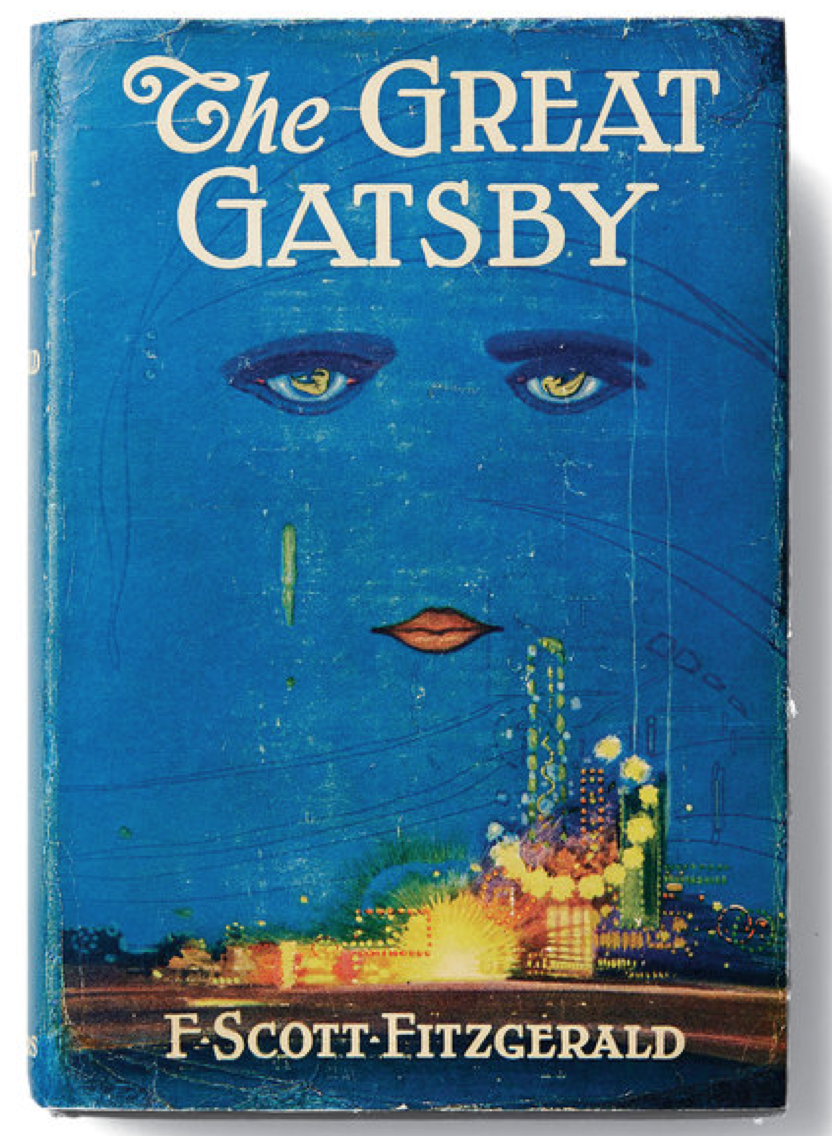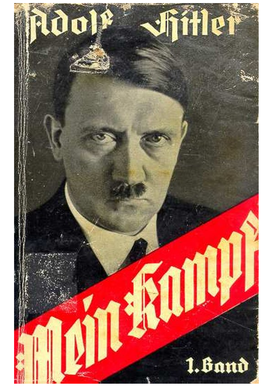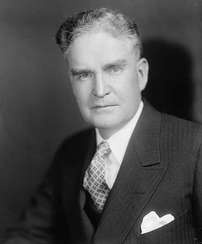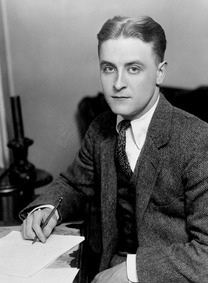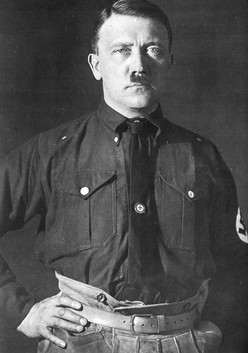The Man Nobody Knows by Bruce Barton
"Every advertising man ought to study the parables of Jesus"
|
Consumerism was a defining characteristic of American society during the 1920s. People believed the economy was sound as stock prices increased in the Bull Market and consumers were able to buy on credit. To encourage spending, advertising became a vital factor in commerce. Advertising identified products with the good life and equality, and often used psychology and celebrity endorsements.
Bruce Barton, pictured left, was a prominent New York partner in a Madison Avenue advertising agency called Barton, Durstine and Osborn. In 1925, he published The Man Nobody Knows, which proposed that Jesus Christ was the greatest adman of all time. He praised Jesus's condensed and persuasive parables, as well as his ability to lift twelve individuals from the bottom and to create an organization that was prepared to dominate the world. |
The Great Gatsby by F. Scott Fitzgerald
"They were careless people, Tom and Daisy--they smashed up things and creatures and then retreated back to their money or their vast carelessness, or whatever it was that kept them together, and let other people clean up the mess they made..."
|
There was a new generation of writers who came from varying ethnic and regional backgrounds. The literature produced by these new writers expressed the energy of youth and disillusionment.
F. Scott Fitzgerald, pictured right, became an overnight celebrity when he published his first book, This Side of Paradise (1920). However, The Great Gatsby is one of the greatest classics of twentieth century literature. It is an exemplary novel that captured the essence of and criticized the Jazz Age. It was commentary on the illusory American ideal of a self-made made man and the decline of the American Dream. James Gatz, a son of farmers, dreamed to be rich, and thus reinvented himself as tycoon Jay Gatsby. On his way to wealth, he became entangled in criminal activity. In the end, his power is destroyed by those with preexisting and established wealth and status who held no respect for individuals with new money, and thus Fitzgerald denounced the hollowness of the upper class. Fitzgerald criticized Americans for their decayed social an moral values in a time of cynicism, greed and empty, reckless pursuit of pleasure. |
Mein Kampf by Adolf Hitler
"It is not truth that matters, but victory."
|
After World War I, Germany was faced with extreme hardship while trying to recover after the war and also meet the requirements of the strict Treaty of Versailles. The German Workers' Party, led by Anton Drexler was formed, and Hitler soon became a leader. He was a great orator and identified scapegoats, such as the Allies, the Versailles Treaty, Communists, and Jews, to blame for Germany's problems. Hitler believed that the Munich Putsch would be successful against Germany's Weimar Republic, but the attempt to seize power in Munich, Bavaria during November of 1923 failed. Hitler was arrested and charged with treason. He was sent to Landsberg jail where he wrote Mein Kampf (My Struggle).
Mein Kampf is the autobiography of Adolf Hitler, and set forth his political philosophy and his plan for German conquest. Hitler advocated national socialism which encouraged loyalty to Germany, racial purity, equality, and state control of the economy. He also promoted racism, and the triumph of the Aryan race by armed force. Hitler believed that all races, especially the Jews, were inferior to the pure German "Master Race". He supported expansion into Poland and Russia as well as strong government and complete obedience to the Fuhrer. This book should have served as warning to the world as the Nazi Party continued to gain momentum in Germany and would soon threaten America. |
